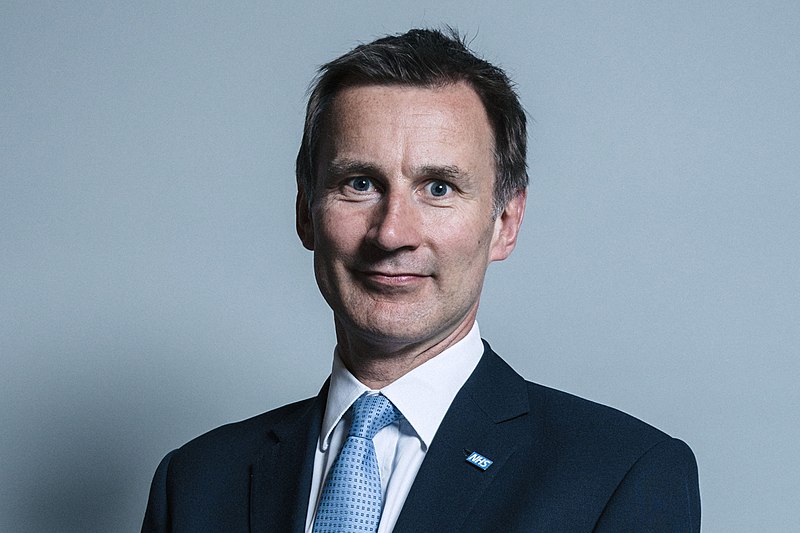
Pensioners are poised to receive a substantial boost of nearly £18 per week in their state pensions as Chancellor Jeremy Hunt upholds the 'triple lock' policy, steadfastly tied to the soaring
inflation rate, in the Autumn Statement.
Hunt has sanctioned an impressive 8.5% rise in the state pension, amplifying the value of the new state pension by £17.33 weekly – an increase of over £900 annually.
This hike aligns with the September inflation rate, impacting several taxpayer-funded payouts, including benefits.
The 'triple lock' mechanism elevates pensions every April by the highest measure among average earnings rises, inflation, or 2.5%.
However, retaining this policy amid a period of pronounced inflation has drawn criticism. Critics argue that pensioners, already in a better financial position compared to working-age individuals, could prompt reconsideration of the allocation of these funds.
Anticipated to cost the Treasury £2 billion annually, this increase is set to significantly impact state pension expenditure.
Moreover, Hunt's Autumn Statement is expected to unveil measures including a £320 million initiative aimed at stimulating pension fund investments in technology and science ventures. This plan, known as the Mansion House Reforms, entails leading pensions firms investing 5% of their funds into early-stage businesses within fintech, life sciences, biotech, and clean technology sectors by 2030. The initiative aims to augment retirement savings for individuals, potentially increasing annual post-retirement earnings by over £1,000.
The Treasury earmarked £320 million to facilitate this investment, with £250 million allocated to successful bidders within the long-term investment initiative for technology and science.
Hunt's declaration today will revolve around 'getting Britain growing,' marking the Tories' bid to slash taxes and address work-related issues. The anticipated National Insurance cuts are expected to benefit 28 million Britons, alongside a permanent £10 billion annual tax relief for businesses.
Benefit hikes, a crucial aspect of this Statement, will see a 6.7% increase, while an estimated two million disability claimants could face stricter regulations concerning employment opportunities.
While beer, wine, and spirits duties are likely to remain frozen, pubs and bars might enjoy an extension of their 75% business rates holiday.
Amid this backdrop, the fiscal landscape remains challenging, with the Office for Budget Responsibility (OBR) anticipated to revise economic growth forecasts downward, despite better-than-expected tax revenues and an easing inflationary environment, as warned by the Bank of England. Photo by Chris McAndrew, Wikimedia commons.


































